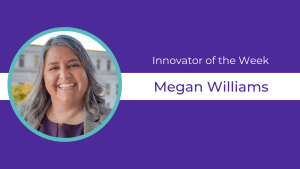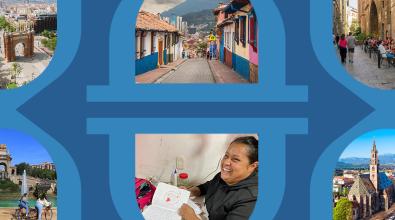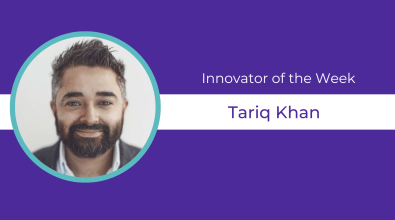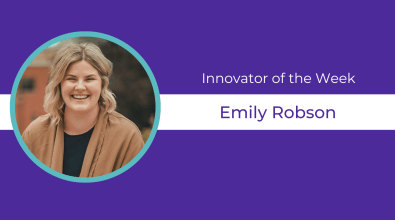For the new head of Denver’s Peak Academy, equity is a key priority

Name: Megan Williams
Title: Director, Peak Academy
City: Denver
Megan Williams first encountered Denver’s Peak Academy in 2014 while helping to create a community relations department in nearby Frederick, Colo. The city of Frederick was still using city systems that had worked when the population was 2,000—but those systems worked less efficiently once it had reached 14,000 amidst a flurry of development.
At Peak, Williams learned all about process-improvement methods that empower city employees to streamline their work, and sometimes save taxpayers money, by cutting out wasteful steps. She not only received her own training from Peak Academy but later used her experience to train colleagues back in Frederick. “I just loved, loved, loved the training,” she says. “It totally changed the way my brain worked, and the way I felt we could tackle bigger problems and change things I had never thought of changing.”
Two years ago, Williams became a trainer at Peak Academy, and in August, she took over as Director. The program trains everyone from frontline staff on up to executives—and not just in Colorado but in other cities across the U.S., making it one of the best-known and most replicated local-government training programs in the country. Peak’s approach: “Let’s put power in the hands of people who do the work every day. Let’s activate the frontline staff around making processes as efficient and effective as possible. Here’s some tools for how to change things. Now go change things.”
It’s difficult to streamline processes unless you understand the dynamics of the work and get buy-in from employees to make needed changes, Williams believes. That’s especially important as city governments welcome their employees back into the office from the pandemic, she says. To that end, Peak Academy has been piloting a shorter training format focused on making in-person gatherings more meaningful.
Under Williams’ leadership, Peak Academy also has begun working with some agencies in more of a consulting role. “That’s a shift from the way we’ve done things in the past,” she says. “This is going where we’re needed and showing them why. Because of the reputation, and the track record of success of the program, that’s not going to be too hard of a task.”
The academy has partnered with the Denver Office of Social Equity & Innovation to ensure that agencies use an equity lens in their work, Williams says. For example, a pilot with the Office of Children’s Affairs boosted equity in grant-making by lowering barriers to entry for smaller, sometimes minority-owned nonprofits. “When you want to create more equity in your process,” she says, “the tools we teach in process improvement are the perfect way to do it.”
Pro tip: “It’s government’s duty to become a tool to undo marginalization and move equity forward in a meaningful way.”


